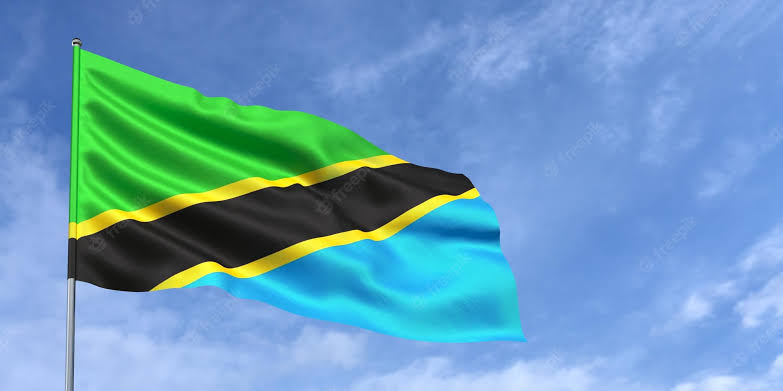Tanzania has barred foreigners from working in 15 key business sectors, including operating salons, phone repair shops, mobile money services, media outlets, and small-scale mining, under new licensing rules that reserve these activities for citizens only.
Only Tanzanian citizens are permitted to apply for or renew licences in these areas, according to a government notice dated July 28.
The Business Licensing Act
The new legal order was issued under the Business Licensing Act (Cap. 101) that formally forbids non-citizens from participating in a list of 15 specific business activities.
The Business Licensing (Prohibition of Business Activities for Non-Citizens) Order, 2025, was issued in accordance with Section 14A(2) of the Act, as stated in Government Notice No. 487A, which was announced on July 28, 2025, and signed by Selemani Saidi Jafo, Minister for Industry and Trade.
The order strictly prohibits people who are not Tanzanian citizens from obtaining or renewing licences for the specified business activities and defines a “non-citizen” in line with the Tanzania Citizenship Act.
The licensing bodies have been instructed to stop awarding or extending business licenses to non-citizens who fall under the prohibited categories.
Penalties for violators
A non-citizen found operating any of the prohibited businesses may be fined not less than ten million Tanzanian shillings(Sh495,000) or imprisoned for up to six months, in addition to possible revocation of their visa or residence permit.
In a similar vein, Tanzanian nationals who help or permit foreigners to operate these prohibited enterprises risk fines of up to five million shillings or up to three months in jail.
The order does, however, permit non-citizens who currently possess legitimate licences for the prohibited businesses to make a transitional arrangement. These people are only allowed to keep running their businesses until their current license expires.
Policy in contrast with the African Continental Free Trade Agreement
The Tuesday order, which aims to keep some economic opportunities exclusively for Tanzanian citizens, represents a significant change in Tanzania’s business environment.
However, reactions both domestically and internationally have been sparked by the decision.
The African Continental Free Trade Area (AfCFTA) Secretariat Agreement, which promotes a single, integrated market for goods and services throughout Africa, seems to be at odds with this protectionist approach.
It might raise concerns about responsibilities under the General Agreement on Trade in Services (GATS) since it might not fully align with Tanzania’s commitments as a founding member of the World Trade Organization (WTO) in 1995.
Investors are anticipated to become concerned about the ban and raise concerns about regional integration and policy predictability.
Although it is intended to empower local business owners, some analysts caution that it could isolate Tanzania and establish a precedent for economic nationalism over cooperative growth, which could jeopardise the shared vision of an African continent that is prosperous and interconnected.
Full list of prohibited businesses for foreigners
The following 15 commercial activities are currently off-limits to non-citizens:
1. Wholesale and retail sale of goods, excluding supermarkets, specialised product outlets, and wholesale centres for local products.
2. Mobile money transfers.
3. Repair of mobile phones and electronic devices.
4. Salon businesses, unless conducted in a hotel or for tourism purposes.
5. Home, office, and environmental cleanliness services.
6. Small-scale mining.
7. Postal activities and parcel delivery within the country.
8. Tour guiding.
9. Publishing and operation of radio and television.
10. Operation of kiosks or small shops.
11. Brokerage of agency in business and real estate.
12. Clearing and forwarding services.
13. On-farm and off-farm purchasing services.
14. Operation of gambling machines or devices, except within casino premises.
15. Operation of micro and small industries.











